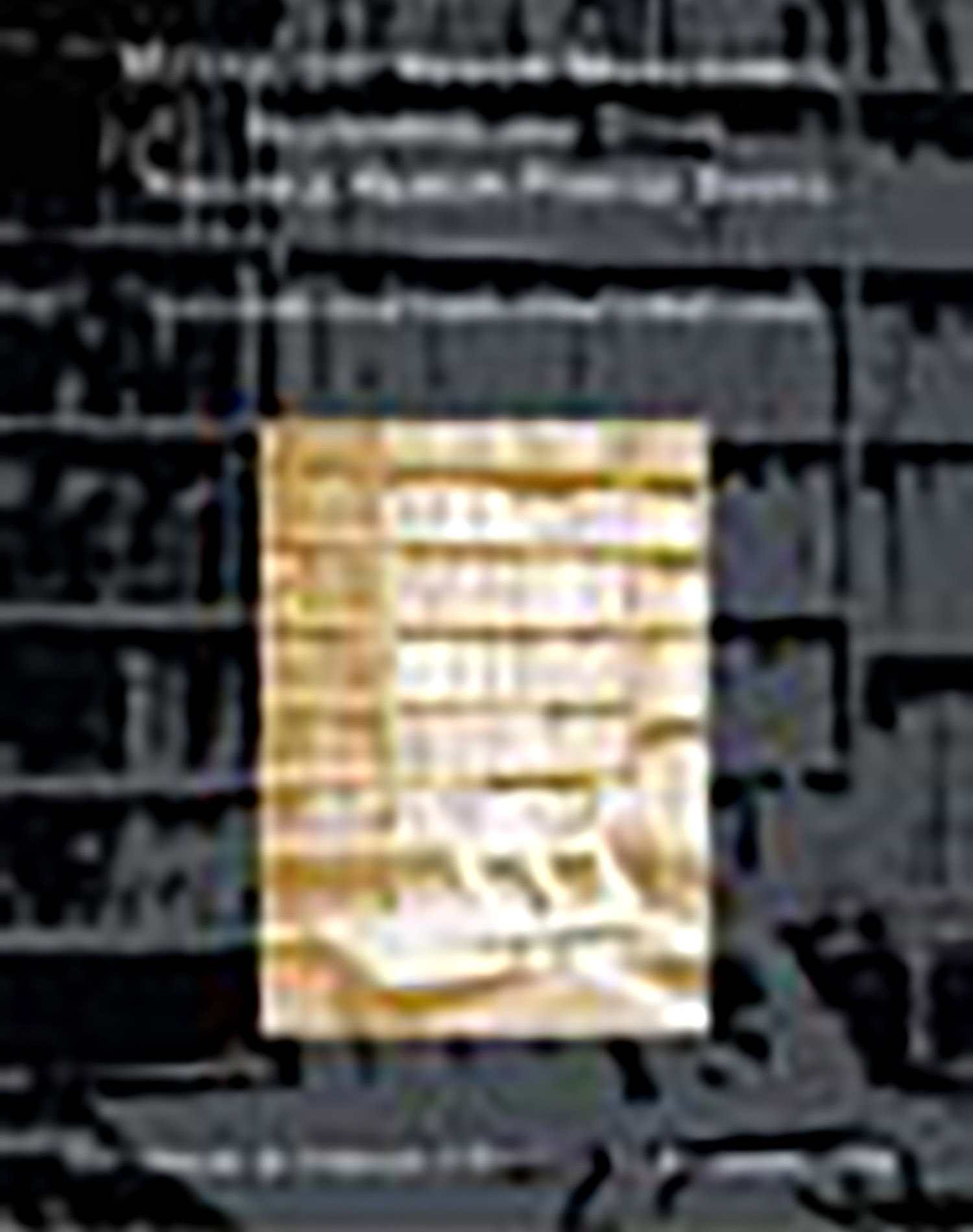Akeidath Yitzchak [philosophical and allegorical sermons on the Pentateuch]

AUCTION 18 |
Tuesday, December 17th,
2002 at 1:00
Magnificent Hebrew Manuscripts, Incunabula and Other Valuable Hebrew Printed Books Sold By Order of The Trustees of Jews' College, London.
Lot 3
ARAMA, ISAAC.
Akeidath Yitzchak [philosophical and allegorical sermons on the Pentateuch]
Salonika: Don Judah Gedaliah, Joseph de Crasto & Eliezer de Arles for Solomon ibn Yakar 1522
Est: $15,000 - $20,000
PRICE REALIZED $30,000
First edition of a fundamental work of Jewish homiletics. Very seldom found complete.
Representative of an anti-Aristotelian trend, directed chiefly against Maimonides and his followers, Arama’s philosophical influence is reflected primarily in the writings of Isaac Abarbanel, a younger contemporary of his. Arama’s great popularity stems from his stylistic combination of the Aschkenazic didactic and moralizing style with the philosophic tendency popular among Spanish and Provencal Jews. The need for this new approach, Arama explains in his introduction, “is especially urgent in this country (i.e. Aragon) where the Christian preachers, many of them very learned, expound the doctrines of their faith as well as the words of the Bible in a philosophic and scholarly manner, and the Jews who often listen to their preachings, desire that their rabbis should do likewise.”
The general method of the work is homiletic, subjects are joined to each other not in a strict scientific manner but in a loose way. Midrashic statements as well as Biblical passages are discussed, elucidated and explained. Arama’s discourses deal with a wide range of topics including the definition of the Soul (in connnection with the creation of man); the symbolic meaning of Paradise and the four rivers; the necessity for man to be diligent in his work; the conception of prophecy; the observance of justice in a State; free-will; the value of the Sabbath and many other topics.
Arama's writings enjoyed universal esteem immediately upon their appearance - indeed to such an extent that Isaac Abrabanel, a younger contemporary of Arama, appropriated concepts attributing them to himself. Arama himself, however, borrowed ideas from Rabbi Abraham Bibago’s Derech Emunah (see Lot 4) without attribution, as J. S. Del-Medigo points out in his borrowMatzreph La’chochmah (Crucible for Wisdom).
The author, affectionately known as the “Ba’al Akeida,” has been consistently quoted and utilized, especially by Polish and Galician preachers, until the present day. Numerous works interpreting Arama’s philosophy were issued through the centuries, of particular note is Israel Kitover’s Biurei Ha’midoth (1875). See also I. Rivkind, Kiryat Sepher, vol. II, p.60.
